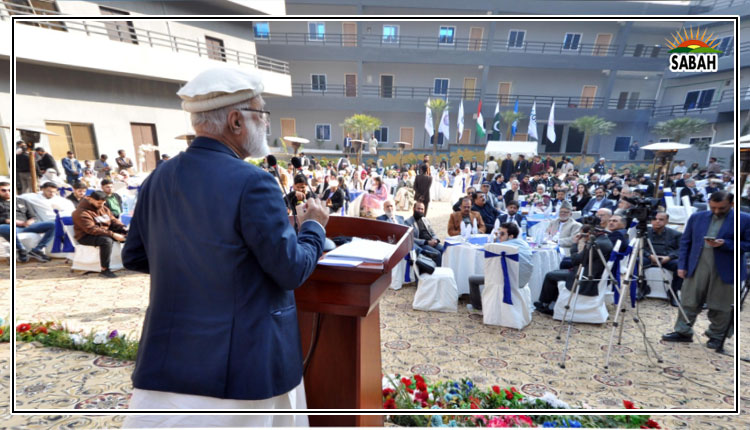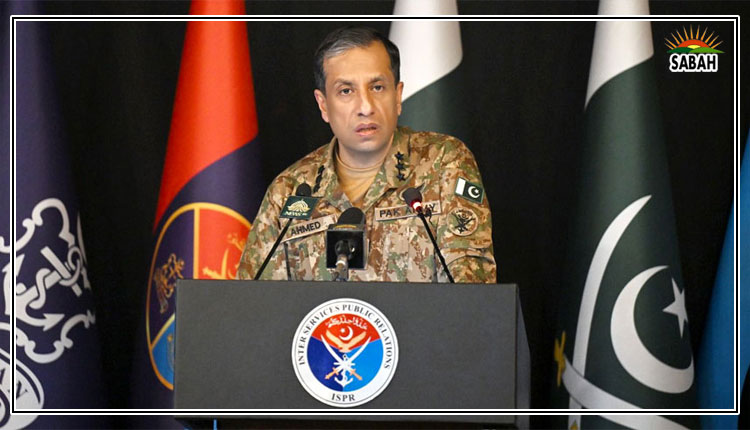Health care for Afghan refugees and migrants in Pakistan
For over a decade, Pakistan has embarked on a process of documentation and registration of Afghan migrants and refugees in the country. Registered refugees are provided renewable Proof of Registration (PoR) cards since 2006-07 that entitle them to certain rights and assistance from the state, while since 2017 there are also holders of Afghan Citizen Cards (ACC). There are currently around 1.4 million PoR cardholders, and 840,000 ACC holders. In addition, there are varied estimates from 400,000 to as high as a million of unregistered and undocumented Afghans.
Registration was deemed important to ensure better and more effective, data-based policies. However, there does not appear to be a comprehensive or consistently clear health policy for refugees from the government that incorporates the different categories of PoR and ACC holders, or unregistered refugees. Access to national healthcare programs and private setups is available to registered refugees, and not legally outside the reach of unregistered ones either.
UNHCR has been the primary supporting agency for health care provision. Until 2014, it worked with the Pakistan government to operationalized Basic Health Units (BHUs) in refugee villages, where some forty percent of registered refugees reside. In addition to unregistered refugees, this approach left out sixty percent of the registered refugees who also availed public or private health care providers outside the refugee villages for many of their requirements. It was also noted that the health programming budget of UNHCR was utilized primarily for salary payments and operating costs of implementing partners, with only eighteen percent being spent to supplies, medicines and vaccines.
As a result, even as the BHUs in refugee villages were credited with successes in maternal and child health and other preventative programs, a new five-year approach was designed in 2014. The objective was to minimize mortality and morbidity, and improve refugees quality of life. To achieve this, the BHU model was phased out, and it was decided to enhance the quality of community health care that was being availed by registered and unregistered Afghans as well as Pakistani citizens, and initiatives such as lady health visitors, higher coverage of vaccinations, and community health workers providing mother and child healthcare were promoted. For complicated diseases, public hospitals could be visited. This new strategy also focused more on maternal and child health including pre-natal and post-natal care and safe deliveries, and sought to increase immunization.
Broadly, this strategy was meant to empower and capacitate refugee households to manage their own health needs through community-based health programming rather than relying on UNHCR. It also sought to provide access to alternative health care service providers, and develop linkages between the refugee health systems in the refugee villages and those of Pakistan. After all, informal collaborations already existed between the two systems, as refugees used public health facilities while locals used UNHCR services too. This was part of a plan to improve health care access and quality in host communities. By 2020, the UNHCR noted that refugees access to the national health services in Pakistan, as also evidenced during the early months of the COVID-19 response, was on a par with Pakistani nationals. Registered refugees were included in national vaccination programme as well.
Currently, PoR and ACC holders have access to health care services equal to Pakistani nationals, though this is not based on a specific policy or legislation. In fact, most Afghan refugees are able to access health care services in times of need. But free healthcare is tied to registration status. Registered refugees are also included in government health programmes such as immunization campaigns, tuberculosis control, and HIV prevention and treatment. But the quality of health care for refugees remains a concern. And the situation is likely to be worse for undocumented refugees, who are also known to borrow PoR cards or ACCs to gain access to healthcare.
There are several concerns regarding health care for Afghans that Pakistan, UNHCR, and implementing partners need to be cognizant of when designing further policies. For instance, some occupations common among Afghan refugees are more disproportionately affected by certain diseases, such as a large number of carpet weavers who suffer from hepatitis, asthma, and sight difficulties. There are also mental health concerns of Afghans that are often not catered to. During the COVID-19 pandemic, only the PoR cardholders had access to specific kinds of UNHCR support, and even their registration for vaccinations came quite late.
Finally, Pakistan also needs to develop better plans for citizens of Afghanistan intending to visit for access to medical care. In 2018, Pakistan issued a total of 61,731 medical visas to Afghan citizens out of around 500,000 visas overall. They can apply for medical visas but there are many delays. It is estimated that around 100,000 Afghans seek medical treatment in Pakistan every year. While the visa itself is free, the process is long and arduous, and depending on the disease, the medical treatment in cities such as Peshawar is not cheap. It has been suggested that Pakistan is the preferred destination for medical treatment for Afghan citizens due to the cultural and linguistic comforts, but given the hurdles involved in the visa process, Pakistan has been replaced by India since 2016 as the most visited country for Afghans medical tourism. This was largely since Pakistan tightened its visa policy, leading to a drastic drop in Afghans seeking medical care, dropping the number to only 50 per month.
As per the website of the Directorate General of Immigration and Passports, Afghan holders can also be granted a medical or treatment visa if they surrender their PoR cards and apply through the proper channel. Moreover, Afghan citizens can obtain a three-month visa on arrival at the Torkham border if there is a serious illness or injury, and pregnant women may also be allowed with one attendant. If Afghan citizens apply for visa with the Pakistan Mission in their country, they may be granted a six-month treatment visa for complicated or long-term illnesses such as cancer, cardiac diseases, liver and kidney diseases, etc. along with one attendant.
While in Pakistan, they can apply for extension in this visa with the recommendation of the relevant doctors and hospitals. Obtaining a visa officially however comes with many hurdles. Over decades of experience have led to a strategy of developing community programs and investing in the public health care systems availed by registered and unregistered Afghans as well as Pakistanis. But there must be continuous efforts to improve the quality of health care, and also focus on policies that improve the situation of medical visits to Pakistan. This can go a long way to strengthen the ties between the two countries.
Courtesy The Nation












